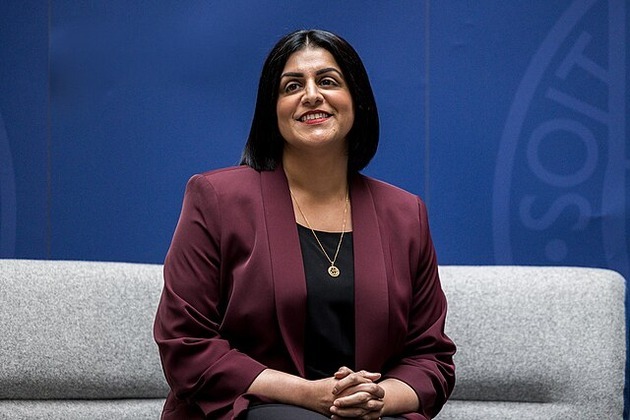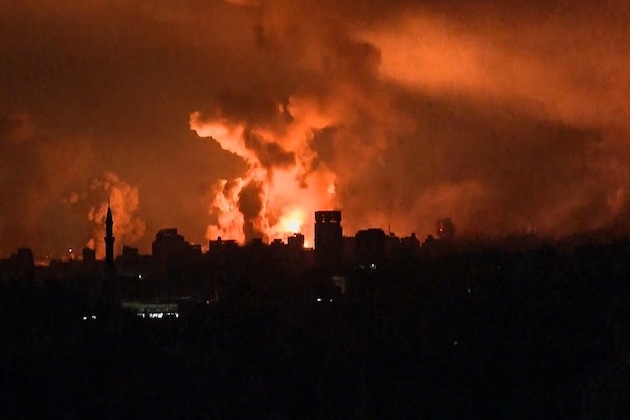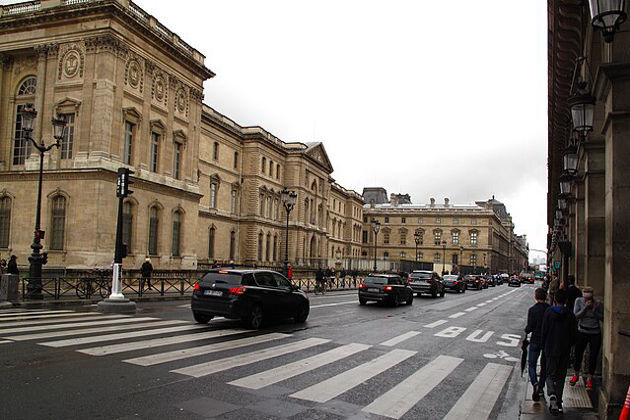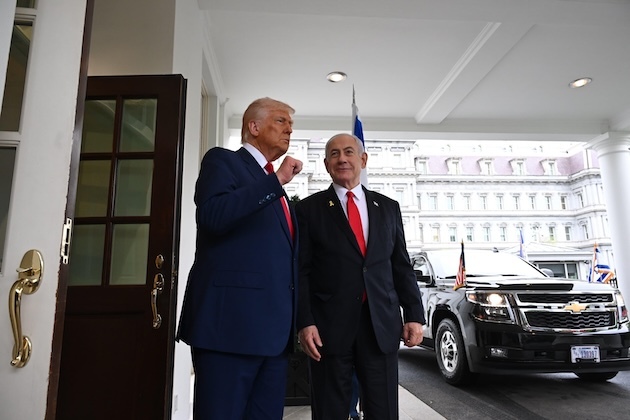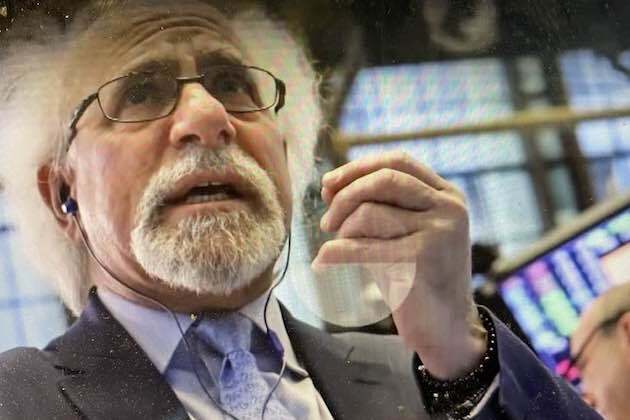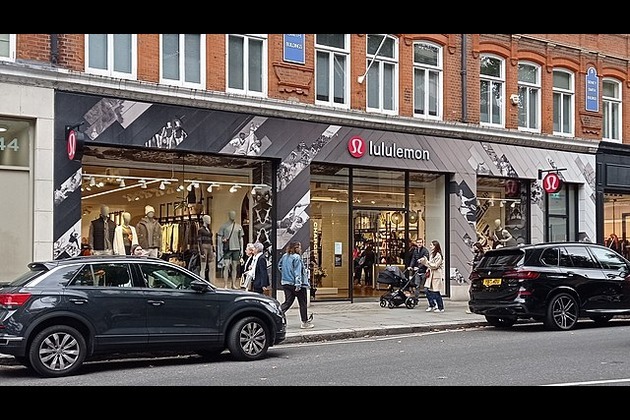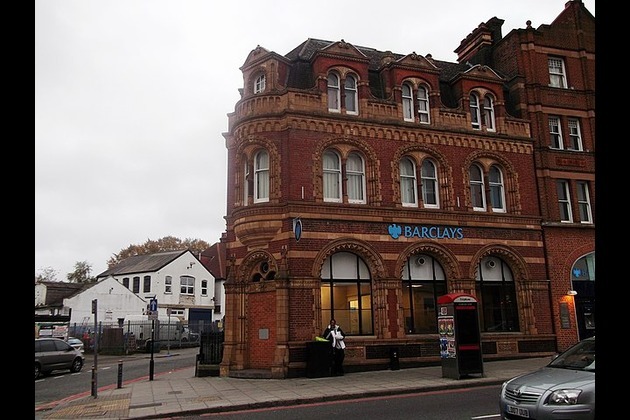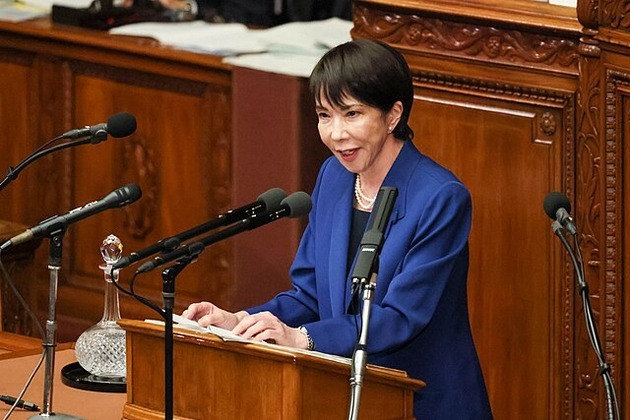How French troops murdered hundreds of their comrades in WWII
RT.com
30 Oct 2025, 19:07 GMT+10
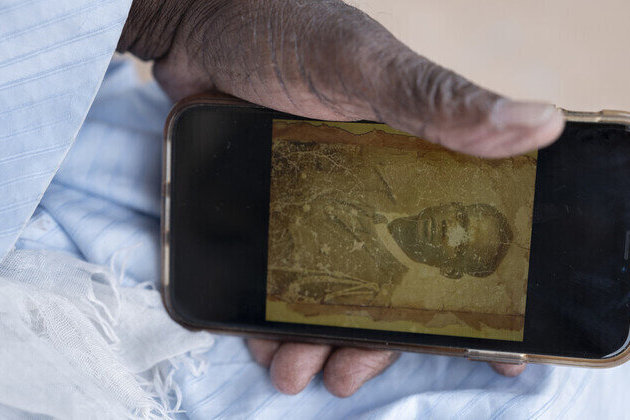
More than 300 African soldiers were executed by the French colonial army in Thiaroye, Senegal
More than 81 years after the events, the truth is resurfacing from the soil of Thiaroye, Senegal. Recent archaeological excavations have unearthed bullets, bones, and human remains, confirming what Africans have known all along: the Thiaroye massacre of 1944 was never a "mistake," but a premeditated colonial crime deliberately covered up.
According to a 2025reportfrom ongoing excavations on the Thiaroye site, more than 300 African soldiers were executed by the French colonial army, even though official figures long mentioned only 35 deaths.
A Senegalese research committee led by historian Mamadou Diouf confirmed, during a press conference in Dakar on October 17, that French military records were deliberately falsified. Departure lists, troop numbers, and casualty counts were altered to conceal the true scale of the massacre.
"Colonial archives show massive manipulation," Diouf said, adding that the French army and colonial administration had "organized silence."
This was not a tragic accident but a carefully engineered disinformation campaign that lasted for generations.
The December 1944 massacre
On December 1, 1944, at the Thiaroye military camp near Dakar, over 1,300 African tirailleurs (riflemen) veterans returning from Europe were waiting for their demobilization and back pay. These men, taken from their villages by colonial France, had fought on some of the deadliest fronts in Italy, Provence, and Alsace. They faced Nazi bullets to defend a country that was not their own. Yet once the war ended, the Republic they had helped save denied them the most basic dignity: that of soldiers.
Instead of a hero's welcome, the tirailleurs were interned at Thiaroye as suspects, disarmed, humiliated, and treated like rebels. Their meager allowances were cut, wages unpaid, or converted at unfair rates. When they dared to demand their due, the French army responded with violence. On the night of November 30 to December 1, 1944, under orders from General Yves de Boisboissel, French troops surrounded the camp. At dawn, on a simple order, machine guns opened fire on these unarmed veterans. Witnesses reported a scene ofhorror: men shot in their beds, others executed while trying to flee, and wounded soldiers finished off at point-blank range. Bodies were hastily buried in mass graves to erase traces of the massacre.
The official count stated 35 dead, reducing the massacre to a mere "mutiny." But archives, survivor accounts, and especially the archaeological excavations revealed the truth: over 300 bullet-riddled skeletons were exhumed at Thiaroye, confirming earlier testimonies. Some bones still bore traces of chains or blows, proving that some soldiers were beaten before execution.
Historians such as Mamadou Diouf and Armelle Mabon note that this slaughter was also a warning to all African veterans: demanding rights in the colonial empire meant challenging the racial hierarchy. A report submitted to the Senegalese presidency in October 2025 described the event as "planned and covered by the French military hierarchy," while recovered archives prove that some evidence was deliberately falsified or destroyed.
For the families of the tirailleurs, the increased count of victims and the archaeological evidence strengthen their demand for justice. For decades, they have demanded official recognition, an independent investigation, reparations, and the return of identified bodies. In August 2024, the French government officially recognized the event as a "massacre." However, many families consider this recognition purely symbolic: no complete judicial investigation has yet been conducted, the officers involved have never been tried, and access to French military archives remains restricted. Institutional silence, they say, prolongs the historical injustice inflicted on their ancestors.
Contribution denied
The racism fueling France during World War II was not limited to attitudes or language; it was embedded in political and military decisions. Despite the decisive participation of thousands of African soldiers from Senegal, Chad, Cameroon, Congo, Mali in the liberation of French territory, colonial France refused to grant them recognition or equality. When it came time to celebrate victory, the French state deliberately erased them, revealing institutional racism and the myth of a "white and victorious" France.
What isknownas the "whitening of colonial troops" (blanchiment) perfectly illustrates this racial policy. In the summer of 1944, as the Free French Forces advanced toward Paris after liberating southern France, the French high command ordered that black soldiers be replaced by white ones before the triumphant entry into the capital. Entire units composed of African tirailleurs were "purged": Senegalese tirailleurs were withdrawn from the front and replaced with European or 'whiter' North African troops. This racial cover-up was a political operation: erasing African contribution to French freedom to preserve imperial prestige and a racial hierarchy shaken by the 1940 defeat.
Modern France now protests against migrants, yet it forgets that it once sent ships to Africa torecruitover 550,000 men to die in European trenches. Our ancestors were the cannon fodder of the Republic: first to die, last to be paid, and the only ones massacred by their own allies.
Thiaroye is not only a tragedy, it is a symbol of state lies, erased memory, and justice continually denied. This massacre reveals the hidden face of a Republic that proclaims human rights while denying them to those who defended it. From Setif to Madagascar, from Cameroon to Algeria, African blood was shed in the name of "civilization."
It is no longer enough to "commemorate" Thiaroye with flowers and empty speeches. What families demand and what Africa deserves is total truth and genuine justice. The recently discovered mass graves must be opened and identified under international supervision; colonial archives must be fully declassified; and those responsible, even posthumously, must be publicly named.
France should abandon its vague expressions of "regret" and formally acknowledge the Thiaroye massacre as an unforgivable crime against humanity. Only then can moral and historical repair truly begin. Reparations must go beyond money: they must be political, educational, and memorial, so that the truth of Thiaroye appears in schoolbooks, museums, and diplomacy, both in France and across Africa.
(RT.com)
 Share
Share
 Tweet
Tweet
 Share
Share
 Flip
Flip
 Email
Email
Watch latest videos
Subscribe and Follow
Get a daily dose of Africa Leader news through our daily email, its complimentary and keeps you fully up to date with world and business news as well.
News RELEASES
Publish news of your business, community or sports group, personnel appointments, major event and more by submitting a news release to Africa Leader.
More InformationInternational
SectionBritain cracks down on illegal workers as arrests jump 63%
LONDON, U.K.: Britain has intensified its crackdown on illegal working, making 63 percent more arrests over the past year as authorities...
Israel Launches Deadliest Strikes in Gaza Since Ceasefire Began
Israel has launched its deadliest strikes on Gaza since the United States-brokered ceasefire took effect nearly three weeks ago, saying...
ATC shortage disrupts flights amid ongoing US shutdown
WASHINGTON, D.C.: A shortage of air traffic controllers caused more flight delays across the country at the start of the week, as controllers...
Five rescued after twin crashes involving aircraft on USS Nimitz
WASHINGTON, D.C.: A fighter jet and a helicopter from the aircraft carrier USS Nimitz both crashed into the South China Sea within...
Paris police arrest suspects in $102 million Louvre jewel theft
PARIS, France: Two men have been arrested in connection with the theft of crown jewels from the Louvre Museum in Paris, officials said...
Washington struggles to manage narrative on Israel
On October 4th, 2025, in an interview with Axios, President Trump stressed that one of the main goals behind his Gaza plan was to restore...
Business
SectionFed lowers interest rates, stocks close mixed, dollar jumps
NEW YORK, New York - U.S. stocks stopped for breath on Wednesday after the Federal reserve lowered interest rates as expected, but...
Lululemon enters sports arena with NFL apparel collaboration
VANCOUVER, Canada: Lululemon is taking its athleticwear to the gridiron. The company announced a new partnership with the National...
Primark bets on Trump’s tariff shift to win US budget shoppers
LONDON, U.K.: Primark is betting that changing U.S. trade rules will tilt the balance in its favor, accelerating store openings and...
Majority of tourism firms in Ireland see no growth, survey shows
DUBLIN, Ireland: Most tourism businesses in Ireland said their income either dropped or stayed the same this summer, according to a...
Barclays expands US footprint with $800 million Best Egg buy
LONDON, U.K.: Barclays has agreed to acquire U.S. personal loan originator Best Egg for US$800 million, marking its latest move to...
Trump, Takaichi strike mineral pact ahead of Xi meeting
TOKYO, Japan: U.S. President Donald Trump and Japanese Prime Minister Sanae Takaichi signed a landmark agreement on October 28 to secure...

